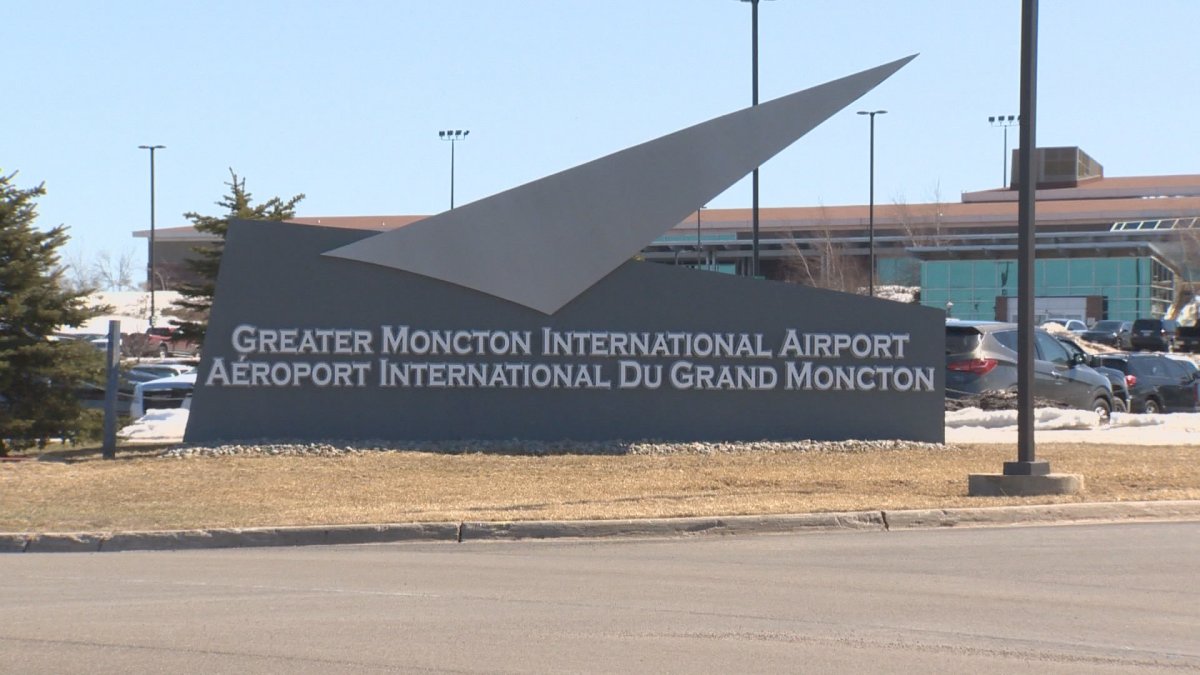The New Brunswick government and Greater Moncton Romeo LeBlanc International Airport are alerting travellers that were on a flight last week that a fellow passenger has since tested positive for COVID-19, the disease caused by the novel coronavirus.

In a tweet, the airport said that the individual who tested positive had travelled onboard Air Transat flight TS2653 from Punta Cana in the Dominican Republic on March 18.
Health officials have now asked anyone who travelled on that flight to self-isolate and to call 811 if they develop symptoms.
Earlier on Thursday, Dr. Jennifer Russell confirmed that the individual — identified by officials in Prince Edward Island as a male in his 30s — passed through the Moncton airport en route to P.E.I .where he later tested positive for COVID-19.
Russell said that the individual did not have symptoms when they travelled through Moncton but that they are issuing a warning out of caution.

Questions about COVID-19? Here are some things you need to know:
Health officials caution against all international travel. Returning travellers are legally obligated to self-isolate for 14 days, beginning March 26, in case they develop symptoms and to prevent spreading the virus to others. Some provinces and territories have also implemented additional recommendations or enforcement measures to ensure those returning to the area self-isolate.
Symptoms can include fever, cough and difficulty breathing — very similar to a cold or flu. Some people can develop a more severe illness. People most at risk of this include older adults and people with severe chronic medical conditions like heart, lung or kidney disease. If you develop symptoms, contact public health authorities.
To prevent the virus from spreading, experts recommend frequent handwashing and coughing into your sleeve. They also recommend minimizing contact with others, staying home as much as possible and maintaining a distance of two metres from other people if you go out.
For full COVID-19 coverage from Global News, click here.
- Health task force blasted over ‘dangerous guidance’ for cancer screenings
- Dentists hesitant to sign up for federal dental plan; seniors advised to look at all options
- David Chang’s Momofuku to stop ‘chile crunch’ trademark battle after outcry
- Preventing future pandemics goal of new U.S. partnership with 50 countries





Comments